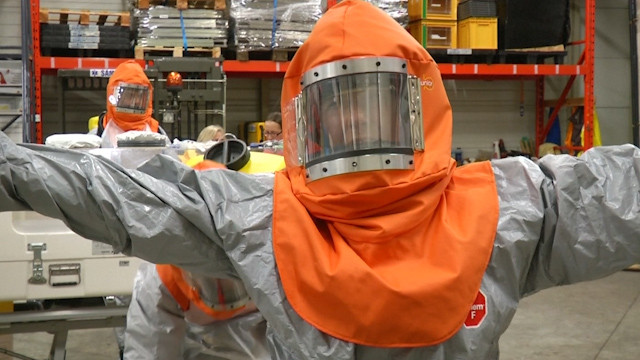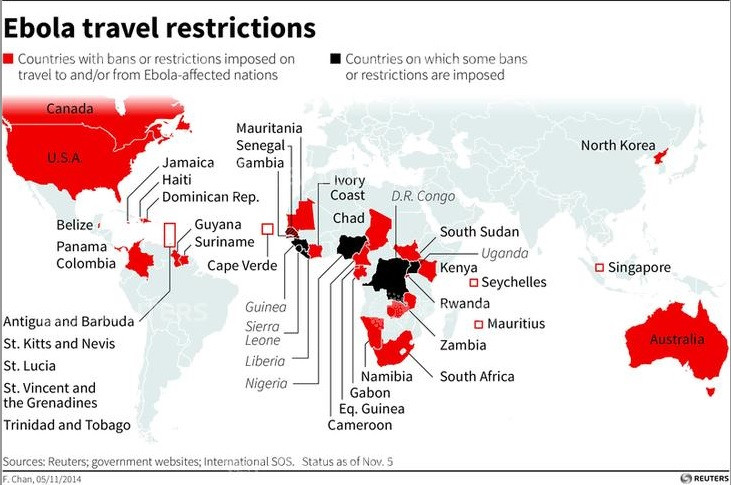Ebola Vaccine on Horizon: EU and Drugmakers Commit €280m to Research for Outbreak Prevention

The European Union and a number of drugmakers have pledged to give €280m to the Innovative Medicines Initiative (IMI) to research potential vaccines for the deadly Ebola virus.
IMI, which is a public-private scheme run by the EU and pharmaceuticals industry, will fast track testing and the manufacturing of the potential vaccines as the virus continues to spread across West Africa.
"The EU is determined to help find a solution to Ebola. We are putting our money where our mouth is and boosting EU research on Ebola with an additional €280m (£220m, $351m)," said Carlos Moedas, European Commissioner for research in a statement.
IMI confirmed that GlaxoSmithKline and NewLink Genetics are two leading Ebola vaccine candidates.
Europe's IMI scheme has a total budget of €3.3bn for the period of 2014 to 2024 and has 46 ongoing projects, which ranges from tackling cancer, obesity and Alzheimer's disease.

The United Nations mission, charged with fighting Ebola, warned that it does not have the necessary capacity to defeat the deadly virus at present.
"There are villages that are not getting any type of help right now and we definitely do not have the response capability on the ground now, from the international community, from the world to defeat this disease yet," said head of the UN mission Tony Banbury.
But he added that the mission is "doing a very good job" and he is confident the disease will be defeated in "less than years. The goal is zero and we are going to get there."
The virus outbreak has killed more than 5,300 people in West Africa since last January, the UK has committed to building a 100-bed centre in Sierra Leone, which, together with Liberia and Guinea, is the country worst hit by the disease.
Meanwhile, US President Barack Obama is asking congress for $6.2bn worth of emergency funding to help fight the spread of Ebola in West Africa.
He is arguing that this will, in turn, reduce the risk of Americans contracting the deadly virus.
© Copyright IBTimes 2025. All rights reserved.





















